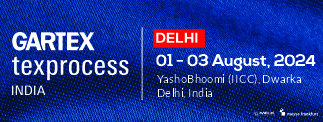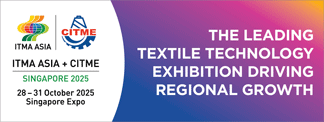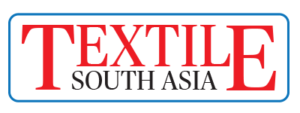Union Minister of Textiles, Commerce & Industry, Consumer Affairs and Food & Public Distribution, Shri Piyush Goyal held the first meeting with the newly constituted Textile Advisory Group at the Vanijya Bhavan, New Delhi. Smt. Rachna Shah, Secretary (Textiles) initiated deliberations with the Textile Advisory Group which constituted industry associations and councils including AEPC, SRTEPC, ASFI, AMFII, CPMA and SIMA to represent whole of the MMF value chain along with Senior Officials from the Ministries of Textiles, Commerce and Petroleum & Natural Gas.
Association of Man-Made fibre industry of India (AMFIl) and Association of Synthetic Fibre Industry (ASFI) presented the overview of the sector and major challenges such as the high degree of fragmentation in the downstream textile value chain from weaving to garmenting and need of protective measures to contain rising imports MMF raw materials (PTA, MEG) and MMF yarn and fabric (PFY, PSF, NFY). The high levels of unutilized production capacities of man-made fibre due to import was discussed. The stakeholders suggested various possible solutions to strengthen and revamp the MMF value chain during the meeting.
The matters of import surge of cheap imports of PTA and MEG into India was also discussed. Shri Piyush Goyal said Government will expedite enforcement of all the Quality Control Order (QCO) on the MMF products. Shri Goyal suggested that different segments of the value chain need to be supportive to each other’s requirements and challenges for the holistic growth of the sector.
Shri Goyal cited the Production Linked Incentive (PLI) scheme for man-made fibre (MMF) apparel, MMF fabrics and products of technical textiles, as the Government’s flagship intervention to augment the size and scale of the domestic MMF sector and assured of providing dedicated handholding support to the PLI beneficiaries through specially designated Ministry of Textiles officers for the purpose.
SIMA on behalf of spinners raised the issue of revision of standard input output norms under Advance Authorization Scheme. SRTEPC on behalf of fabric and made-ups , raised the issue of shortage of capacities for quality processing and effluent treatment facilities. AEPC also raised the issue of shortage of availability of high quality processed fabric.
The industry stakeholders acknowledged the need of collaborative efforts to address the issues of the MMF industry and pledged to support and handholding each other to fast-track the growth of the Indian MMF sector.
Source – PIB India










